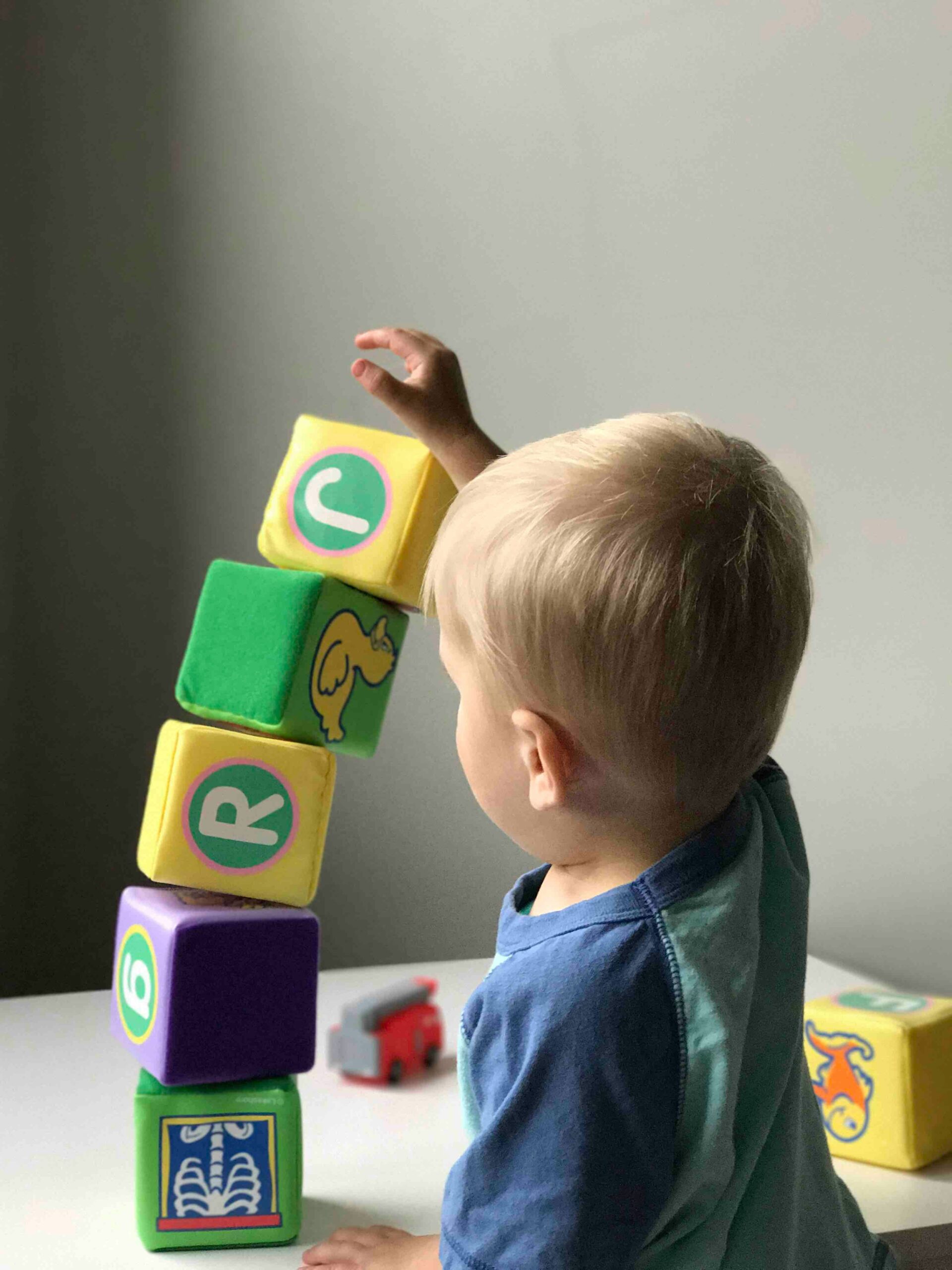Imagine a child growing up in a world that feels uncertain and unstable. Their emotions tossed like leaves in the wind, their happiness and well-being constantly under threat. Now, picture the value of emotional security, which can provide a solid foundation for a child’s development and overall well-being.
Emotional security has a profound impact on children. By creating a nurturing environment, building trust and connection, understanding and validating their emotions, and teaching self-regulation and coping skills, you lay the groundwork for your child’s future success and happiness. Cultivating a safe and loving space provides the foundation for their emotional stability and well-being for life.
1. Building Trust and Connection
To lay the groundwork for emotional security, it is vital to build trust and connection with your child. Trust acts as a bedrock, allowing them to feel secure and confident in their interactions with you and the world around them. This trust develops through consistent and open communication, where they feel heard, understood, and valued. By actively listening to their thoughts and concerns and responding with empathy and support, you strengthen the bond and create a sense of safety that is key in their emotional development.
Additionally, establishing an environment of connection goes hand in hand with building trust. Your child needs to feel connected to you, as their primary caregiver, and to others in their lives. Work on positive and healthy relationships, both within the family and wider community. Encourage opportunities for social interaction, such as playdates or joining clubs or organizations that align with their interests. By surrounding them with caring and supportive individuals, you provide a network of emotional support that helps them navigate life’s challenges with confidence.
Trust and connection actively contribute to your child’s emotional security. Establishing an environment of connection goes hand in hand with building trust. Your child needs to feel connected to their primary caregivers and others in their lives.
2. Understanding and Validating Their Emotions
To further enhance your child’s emotional stability, it’s crucial to understand and validate their emotions. This acknowledges the importance of their feelings and helps them develop a healthy relationship with their emotions.
Children’s emotions can be complex and ever-changing. It’s often difficult for them to fully grasp or articulate what they are feeling. It’s important to take the time to understand what your child is experiencing and provide a safe space for them to express themselves. By actively listening and showing empathy towards their emotions, you validate their experiences and help them feel understood.
Validation is a powerful tool for building emotional security in children. When you validate their emotions, you communicate that their feelings are not only normal but also worthy of acknowledgment. This validation helps them build trust in their own emotional responses and develop a sense of self-worth. It shows them that their emotions are valid and that it is okay to feel a certain way.
Understanding their emotions goes beyond simply acknowledging them. It involves being attuned to the underlying context and triggers that may provoke certain feelings. By delving deeper into the why behind their emotions, you can help your child build the self-awareness needed to develop a greater understanding of themselves.
Emotions aren’t always logical or rational, but they are an integral part of the human experience. By validating your child’s emotions, you create an atmosphere where they feel safe to express themselves honestly and openly. This acceptance establishes a deep sense of emotional security.
Understanding and validating your child’s emotions sets the stage for the next step in their emotional development: teaching them self-regulation and coping skills. By providing them with the tools to manage their emotions effectively, you empower them to navigate life’s challenges with resilience and confidence.
3. Teaching Self-Regulation and Coping Skills
Self-regulation is the ability to manage one’s emotions and behaviors in a healthy and constructive manner. Teaching your child self-regulation skills allows them to have greater control over their emotional responses. It empowers them to navigate through difficult situations with resilience and confidence.
One way to teach self-regulation is by helping your child identify and identify their emotions. Encourage them to name what they are feeling, whether it’s anger, sadness, or joy. By understanding and labeling their emotions, they can begin to develop a sense of self-awareness and take ownership of their feelings.
Once your child can recognize their emotions, guide them in understanding where they came from, the underlying causes and triggers. Help them identify the events or situations that lead to specific emotional responses. This awareness allows them to anticipate and prepare for these triggers, making it easier to manage their emotions when they arise.
An effective strategy for self-regulation is various coping skills. Coping skills are the techniques and strategies individuals use to handle and manage stress, anxiety, or overwhelming emotions. These skills provide your child with practical tools to regulate their emotions and deal with challenging situations.
Encourage your child to explore different coping mechanisms and find what works best for them and in which situations. Some examples of coping skills include deep breathing exercises, mindfulness techniques, movement and physical activities, journaling, or seeking support from a trusted adult or friend. By experimenting with various coping strategies, your child can discover what helps them calm down and regain emotional control.
Throughout this process, it’s important to provide guidance and support. Emotional regulation isn’t linear or perfect. What works one time might not work in another situation so be prepared to adapt and try a variety of tools. Reinforce the importance of taking responsibility for their emotions and actions, while also emphasizing that it’s okay to ask for help when needed. By modeling healthy emotional regulation yourself and offering a safe space for them to express their feelings, you are laying the groundwork for their emotional growth.
Teaching self-regulation and coping skills shows your child how to handle life’s ups and downs more effectively. You give them the tools they need to respond to challenging situations in a calm and collected manner. By nurturing their emotional security and providing them with these essential skills, you’re setting them on a path towards a stable and fulfilling emotional well-being. They’ll be better prepared to face the world with resilience and confidence.
Prioritizing the emotional security of your children is an investment in their future success, happiness, and well-being. Creating a nurturing environment, building trust and connection, understanding and validating their emotions, and teaching self-regulation and coping skills are essential strategies to establish the emotional stability they need. Implementing these strategies will help your child thrive with confidence and resilience for their whole life.




